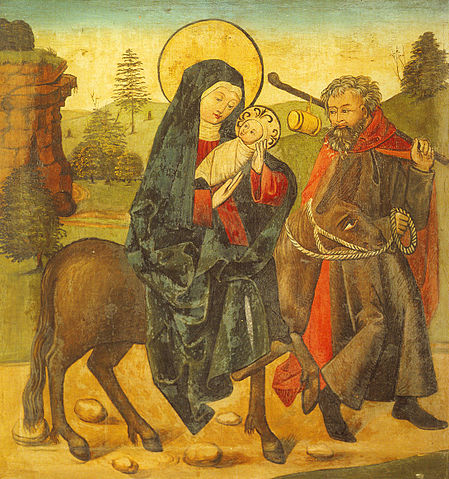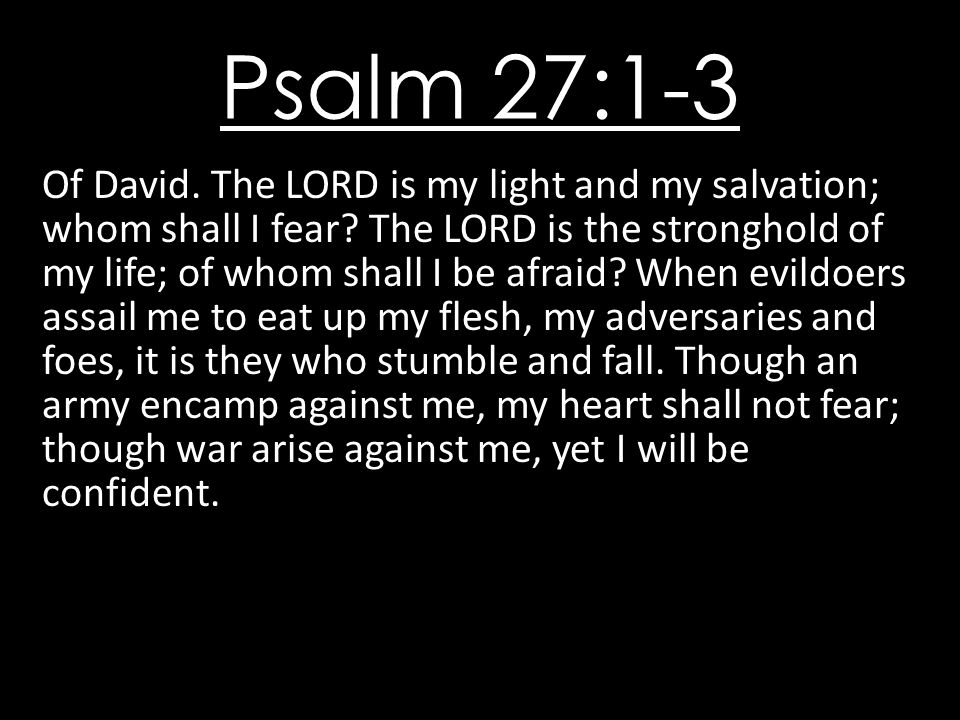“Hope as a Way of Life”

Habakkuk 1:1-5; 2:1-4 (1:5) –November 27, 2022
At the end of October, we celebrated Halloween, the day of scary stories, haunted houses, dressing up in all kinds of scary costumes like monsters, ghosts, and other frightening creatures.
Today marks the first Sunday of Advent, the beginning of the church year. Our Scripture reading comes from the Hebrew prophet Habakkuk, on the look out for God’s response to all kinds of scary and frightening things that were going on in the lives of the people of Israel at that time. Long time ago, at the beginning of the 6th century before Christ was born.
Every October, we observe the season of scary things, and every year, many people truly enjoy being scared down to their shoes. Because – isn’t it true that scary things or frightening places are not so scary after all? Especially when we consider that many scary monsters and creatures turn out to be just like us? And, just like the people in Habakkuk’s day, too?
However, Habakkuk talks about not only scary and frightening stuff, but about violence and injustice, causing so much pain in the world. This was not only true many centuries ago. It’s even more true today, with all the fear, uncertainty, anxiety and dread people encounter each day, In our neighborhoods and towns, as well as nationally and internationally.
How about you? How about me? Don’t we regularly see fear, uncertainty, and anxiety in our individual lives? And what about violence? What about injustice? The world just had several instances of shocking, horrible events. Significant recent disasters include mass shootings of multiple people in the past weeks around our country, and the massive earthquake in Indonesia.
Quite different events, but comparable to the many different kinds of situations that the nation of Israel was dealing with during the time of Habakkuk. And, similar to many different kinds of things going on today, like regional wars, famine, drought, rampant inflation and unemployment! What is a person to do, in the face of all this happening? Where is God in the midst of all these tragedies, no matter what their size, big, medium and small? Where is God in your life, or in mine, or in the lives of our beloved relatives and friends?
Today is the first Sunday of Advent. At first glance, this is a different Scripture reading for the beginning of the Advent season! Or, is it? Advent is the season at the beginning of the church year where we – the Church – prepare for the coming of the Christ child, the Baby born in Bethlehem. The prophet Habakkuk’s “message of waiting with hope in the midst of despair offers a powerful word for both the Advent season and for the world we live in today.” [1]
It’s true that the first words of this prophecy are a personal lament. This cry sounds so familiar to us from the Psalms! “O LORD, how long?” This is the opening of a dozen psalms, and repeated again and again in the books of the prophets! I hear this lament from relatives, loved ones, and hospice patients themselves. “O LORD, how long?” People agonize over dire circumstances, and cry out to the Lord again and again. This has happened for millenia, too.
What we can learn from our reading today is – it is okay to complain to God! And, just like Habakkuk, it is okay for us to call God to account. Just like Habakkuk, we too can give voice to what we perceive as God’s refusal to respond to cries for help. Almost as if God is forgetful, or if the Lord has gone on a journey or is asleep.
“That in and of itself is an important reminder for congregations: that being angry at God, or feeling that God seems absent, is “allowed,” and in fact has biblical precedents—and yet those feelings of despair are never the end of the story.” [2]
The things we really fear – that bullies at school or at work will go after us, that something bad will happen to someone we love, that we will lose our jobs, that there will be a war where we live, that we will never be able to do what we want most to do…. If the thinking about fears leads to talking about real, actual fears and anxiety about jobs, the economy, world conflicts, and more, we all can learn that fear is a very real part of life. [3]
Let’s talk straight. In this fallen, imperfect world, people have been fearful and anxious for millenia. But, God promises that fear, anxiety, violence and evil will not be the final word! We can hold this real fear and anxiety in tension with the blessed fact that our God brings hope! Our God is present with us! We can be ready to hear God’s promise to Habakkuk and us in Habakkuk 1:5. ““Look at the nations and watch—and be utterly amazed. For I am going to do something in your days that you would not believe, even if you were told.”
Do you hear? Do you understand what God is telling us here? “God’s goal in asking Habakkuk to write the message so big was that God wanted everyone to read it and know that God was on the side of the faithful [that’s us!] and against the evil [violence and fear so rampant in the world today].” [4] The Lord wants us to read this message of hope and faith on billboards, or even to have skywriting planes write this hopeful message in the sky above!
God brings hope! As Habakkuk said, God will be with us through the dark valleys and disappointments and tragedies of life, just as God is right beside us through sickness, poverty, conflict, disaster, and whatever other negative things may try to creep in and surround us.
The great good news is our God will not allow these bad things to overcome. God will have the final word, and will prevail. The Lord has promised, and God’s word is sure!
Alleluia, Amen.
(Suggestion: visit me at my other blogs: matterofprayer: A Year of Everyday Prayers. #PursuePEACE – and A Year of Being Kind . Thanks!
[1] https://www.workingpreacher.org/commentaries/narrative-lectionary/faith-as-a-way-of-life-2/commentary-on-habakkuk-11-4-22-4-33b-6-17-19-2
[2] Ibid.
[3] http://worshipingwithchildren.blogspot.com/2013/10/year-c-proper-26-31st-sunday-in.html
[4] Ibid.



